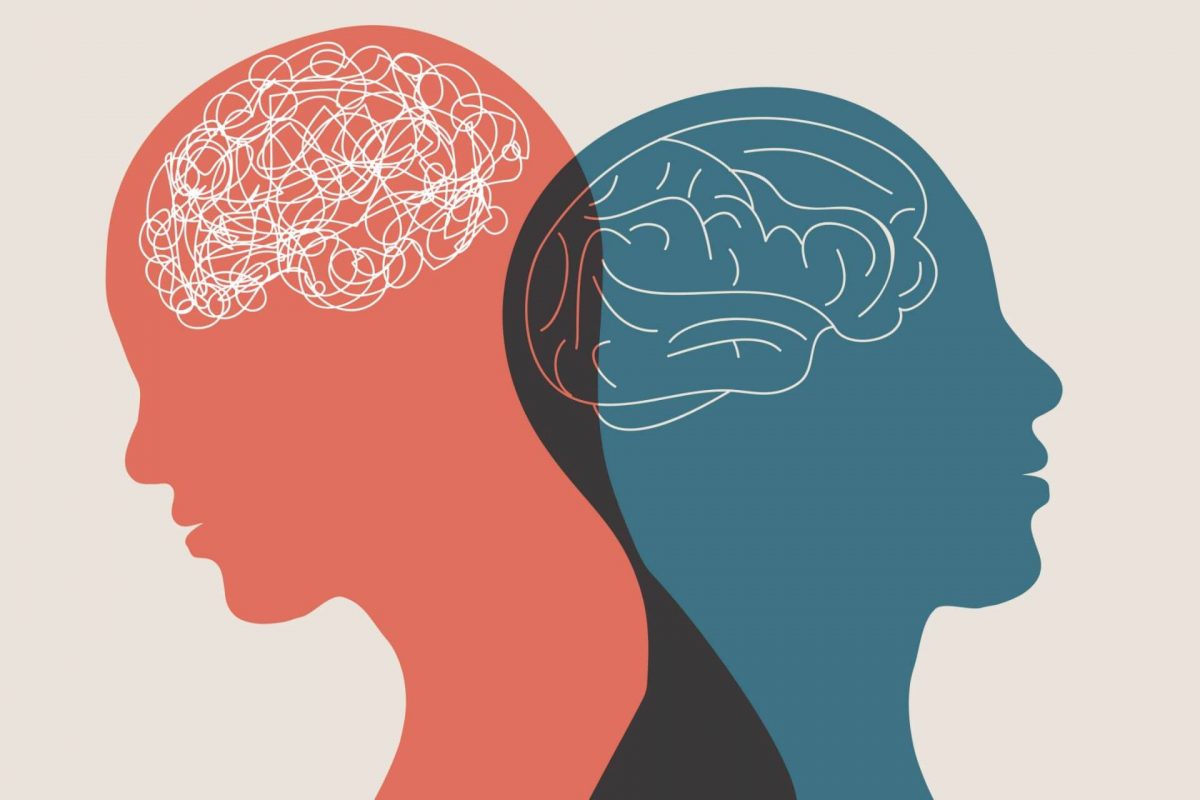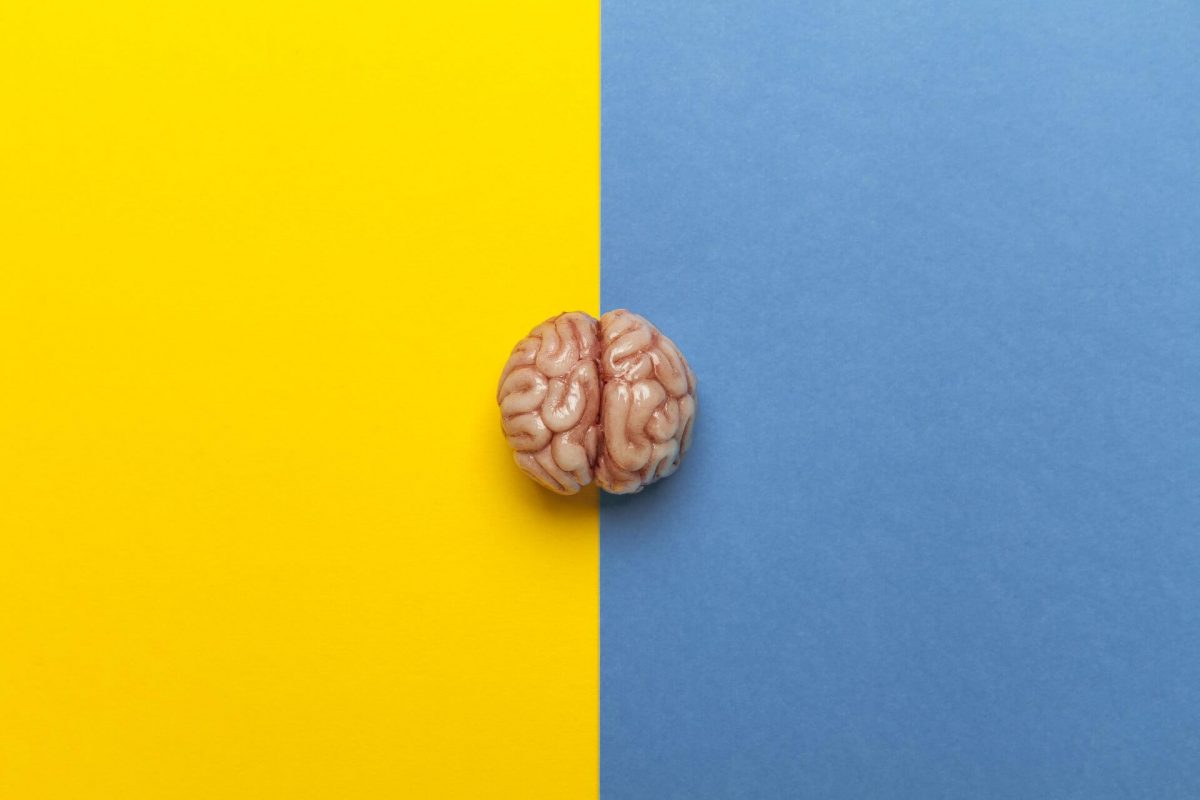Dual diagnosis is a term used for individuals living with a mental health disorder and substance use disorder (SUD) at the same time. An assessment for dual diagnosis is usually the first step in an integrated treatment Program.
Mental disorders and substance use disorders were treated independently in the past. The habit was treated first before the mental illness was addressed. This model failed many dual diagnosis patients because individuals with co-occurring disorders typically experience more severe symptoms and find it difficult to maintain sobriety when overlapping symptoms threaten their recovery.
Today, we have a better understanding of dual diagnosis and how to treat the condition.
What is dual diagnosis?

If you have a mental disorder and a substance use disorder present at the same time, you have a condition called dual diagnosis. It’s also called co-occurring disorders or comorbidity.
It’s challenging to work out which one came first; the mental illness or the addiction? Research shows about 50 percent of people living with a mental illness also have a substance use disorder and vice versa.
Researchers believe three scenarios explain why mental illnesses and addictions occur together:
General risk factors contribute to comorbidity
Risk factors contributing to mental disorders co-occurring with addiction include internal factors (genetics) and external factors (environmental).
Mental disorders can contribute to drug or alcohol addiction
Someone with a mental illness may turn to drugs or alcohol to temporarily cope with their symptoms or feel better. Using drugs or alcohol to ‘self-medicate’ may lead to substance use disorder.
Substance use disorder may trigger a mental illness
Addiction is a chronic disease that changes how your brain works and functions. Permanent changes to your brain chemistry may trigger a predisposed mental illness.
Did you know?
The NIAAA’s National Longitudinal Alcohol Epidemiologic Survey found that those with a history of alcohol dependence had a fourfold-increased risk for major depressive disorder than those without a history of alcohol dependence.
Risk factors for dual diagnosis
Researchers believe the dual diagnosis is linked to overlapping risk factors, including genetics, brain chemistry and environmental factors such as early exposure to stress or trauma. The following theories of dual diagnosis causality are offered by the National Institute of Drug Abuse (NIDA).
Genetics
It’s estimated 40 to 60 percent of an individual’s vulnerability to mental illness, and addiction is attributed to genetics. For example, research has uncovered a link between genetic sequences and a higher risk of cocaine dependence, heavy opioid use, and cannabis cravings and withdrawal.
Brain chemistry
Addiction is a chronic disease that affects brain structure and function. Permanent changes to brain chemistry can result in the onset of a mental illness. For example, areas of the brain affected by substance abuse are responsible for mediating reward, decision making, impulse control and emotions. Damaged brain function can trigger depression, anxiety disorder, bipolar disorder, schizophrenia and other mood disorders.
Environmental influences
Environmental factors that are associated with an increased risk of dual diagnosis include chronic stress and trauma. Research shows early exposure to chronic stress or trauma causes long-term changes in the HPA axis, which affects the limbic brain circuits. This brain function is involved in motivation, learning and emotional development. HPA axis hyperactivity can alter dopamine signalling and may boost the reward effect of drugs.
Mental illnesses that contribute to developing an addiction
Researchers have identified mental health disorders that are more likely to co-occur with addiction. These include:
- anxiety disorders
- mood disorders
- personality disorders
- post-traumatic stress disorder (PTSD)
- attention-deficit/hyperactivity disorder (ADD/ADHD)
Substances that may trigger a mental disorder
Prolonged or heavy use of certain substances changes brain chemistry. Permanent brain changes may trigger an underlying mental illness if a person is predisposed to develop the disorder.
The following substances increase your risk of developing depression, generalised anxiety disorder, panic disorder, drug-induced psychosis, bipolar disorder or schizophrenia.
- cannabis
- alcohol
- cocaine
- heroin
- ecstasy
- amphetamines
- methamphetamines
- benzodiazepines
Why dual diagnosis assessment is important
The earlier dual diagnosis is detected and treated, the better. Individuals with dual diagnosis have more severe and more debilitating symptoms than people who only have a mental disorder or an addiction. The best outcome for dual diagnosis is an integrated treatment Program that addresses both conditions at the same.
What are the signs and symptoms of dual diagnosis?

It’s difficult to determine if a dual diagnosis is present because co-occurring disorders share similar symptoms. Mental health disorders have unique symptoms, and signs of addiction depend on the type of substance used and duration of use. However, there are general symptoms that overlap in dual diagnosis.
- depression
- anxiety
- paranoia
- irritability
- aggression
- changes in sleeping and eating habits
- loss of interest in activities that used to interest you
- extreme fluctuations in moods
- isolate from family, friends and colleagues
- poor personal hygiene
- hallucinations or delusions
- participate in risky behaviour
- physical symptoms with no cause (headaches, stomach ache etc.)
- self-harm
- suicidal thoughts or suicide attempts
- disconnected from reality
- find it difficult to function or cope with daily life
How is dual diagnosis treated?
Mental health disorders and substance use disorders are chronic diseases. These conditions cannot be self-diagnosed, particularly if they occur at the same time. You need to consult a medical health practitioner who specialises in dual diagnosis for a formal assessment.
If dual diagnosis is present, you’ll be referred to either an inpatient or outpatient treatment centre that offers an integrated treatment Program for dual diagnosis.
An integrated treatment Program is tailored to individual needs, and treatment is overseen by a team consisting of a psychiatrist or psychologist, addiction counsellor and behavioural therapists. You may need to be admitted to a hospital for a medically supervised detox, depending on the severity of your addiction.
What are the benefits of an integrated treatment Program for dual diagnosis?
An integrated treatment Program helps manage symptoms of substance withdrawal as well as symptoms of mental illness. Comprehensive care is needed because drug or alcohol withdrawal can worsen symptoms of a mental illness such as depression, anxiety and paranoia.
An integrated treatment Program incorporates different types of psychotherapy that are commonly used to treat both mental health disorders and addictions. These include:
- cognitive behavioural therapy (CBT)
- dialectical behavioural therapy (DBT)
- mentalisation-based therapy (MBT)
- transference-focused therapy (TFP)
- mindfulness meditation
We’re here to help.
Contact us today if you’d like a confidential and free chat with one of our highly-trained addiction professionals at White River Manor in South Africa.

